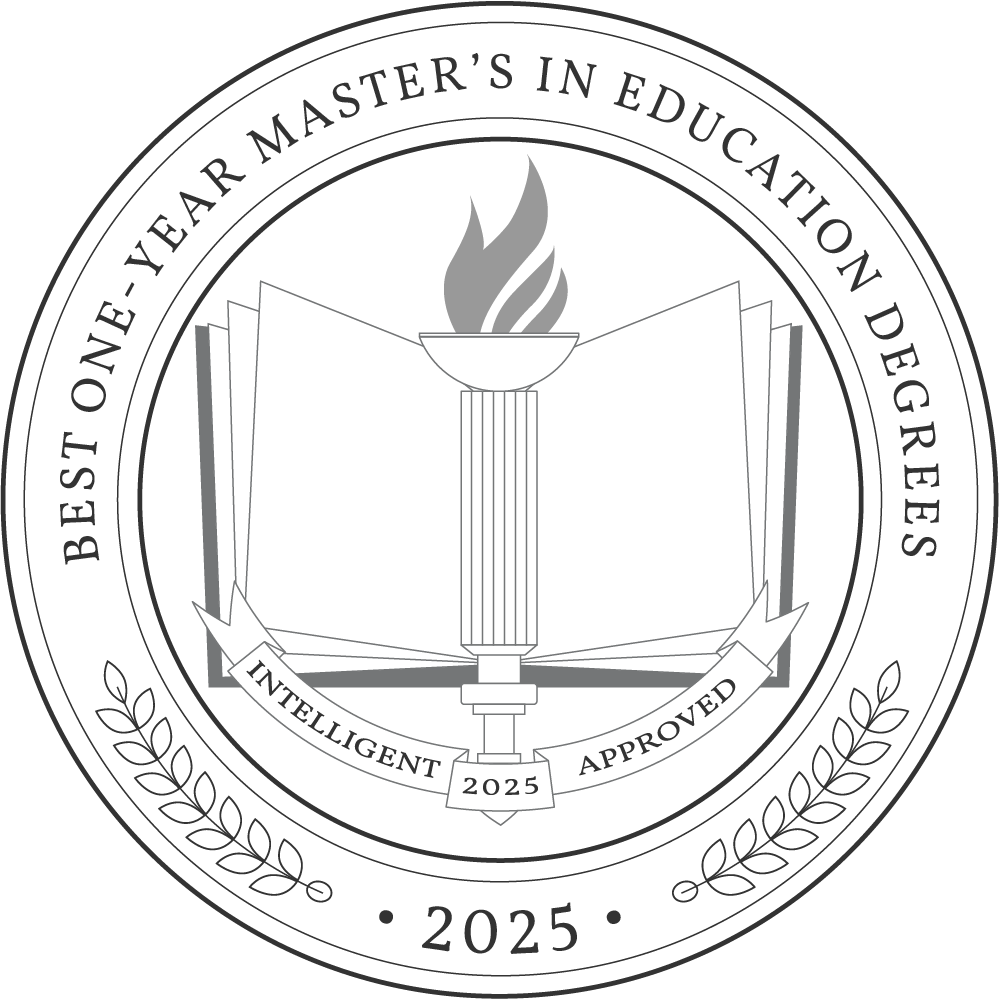The best accelerated master’s in education degree programs offer a fast-track route for aspiring educators to advance their careers and enhance their skills. These programs prepare students for a variety of roles, including classroom teacher, curriculum developer, educational administrator, and instructional coordinator.
According to the Bureau of Labor Statistics, the average salary for educators varies depending on the specific role and level of experience. Postsecondary education administrators, for example, earn an average annual salary of $102,610. Accelerated master’s programs typically take 12 to 18 months to complete, providing a quicker path to obtaining an advanced degree than traditional programs. This accelerated format allows students to enter the workforce sooner and make a positive impact in the field of education.
Why Trust Us
The Intelligent.com Higher Education Team is dedicated to providing students with independent, equitable school and program rankings and well-researched resources. Our expert-driven articles cover topics related to online colleges and programs, paying for school, and career outlooks. We use data from the U.S. Department of Education’s College Scorecard, the National Center for Education Statistics, and other reputable educational and professional organizations. Our academic advisory team reviews content and verifies accuracy throughout the year for the most current information. Partnerships do not influence rankings or editorial decisions.
- Analyzed over 2,000 national, accredited, and nonprofit colleges and universities
- 800+ rankings pages are reviewed and updated yearly
- Content is informed by reputable sources, surveys, and interviews with academic advisors and other experts
- Over 100 data points are reviewed for accuracy and quality throughout the year, including sources
How we rank schools
Our list features the best Education degree programs at top colleges nationwide. Each school featured is a nonprofit, accredited institution — either public or private — with a high standard of academic quality for post-secondary institutions.
We evaluated each school’s program on tuition costs, admission, retention and graduation rates, faculty, reputation, and the student resources provided for online students. We collected data from trusted sources like the National Center for Education Statistics, individual school and program websites, school admissions counselors, and other data sources. Then, we calculated the Intelligent Score on a scale of 0 to 100 based on the following criterion:
Academic Quality:
- Admission rate versus enrollment rate
- Retention rate of students who return after year one
- Accreditation status (regional and programmatic)
- Nonprofit status, both private and public institutions
Graduation Rate
- Overall graduation rate
- Total number of currently enrolled students, including diversity metrics
- Student-to-faculty ratio
Cost and ROI
- In-state and out-of-state per-credit tuition rates and fees
- Required credits to graduate
- Earning potential after graduation
- Availability of federal student loans, scholarships, and other financial aid options
Student Resources
- Available student services for online-only and hybrid programs
- On-campus amenities like tutoring centers and the number of libraries
Read more about our ranking methodology.
Best 9 Accelerated Master's in Education Degree Programs
FiltersInstitution Type
Status
- Intelligent Score
- Alphabetically By University Name
- Acceptance Rate
- Enrollment
- In-state Graduate Tuition
- Out-of-state Graduate Tuition
- In-state Undergraduate Tuition
- Out-of-state Undergraduate Tuition
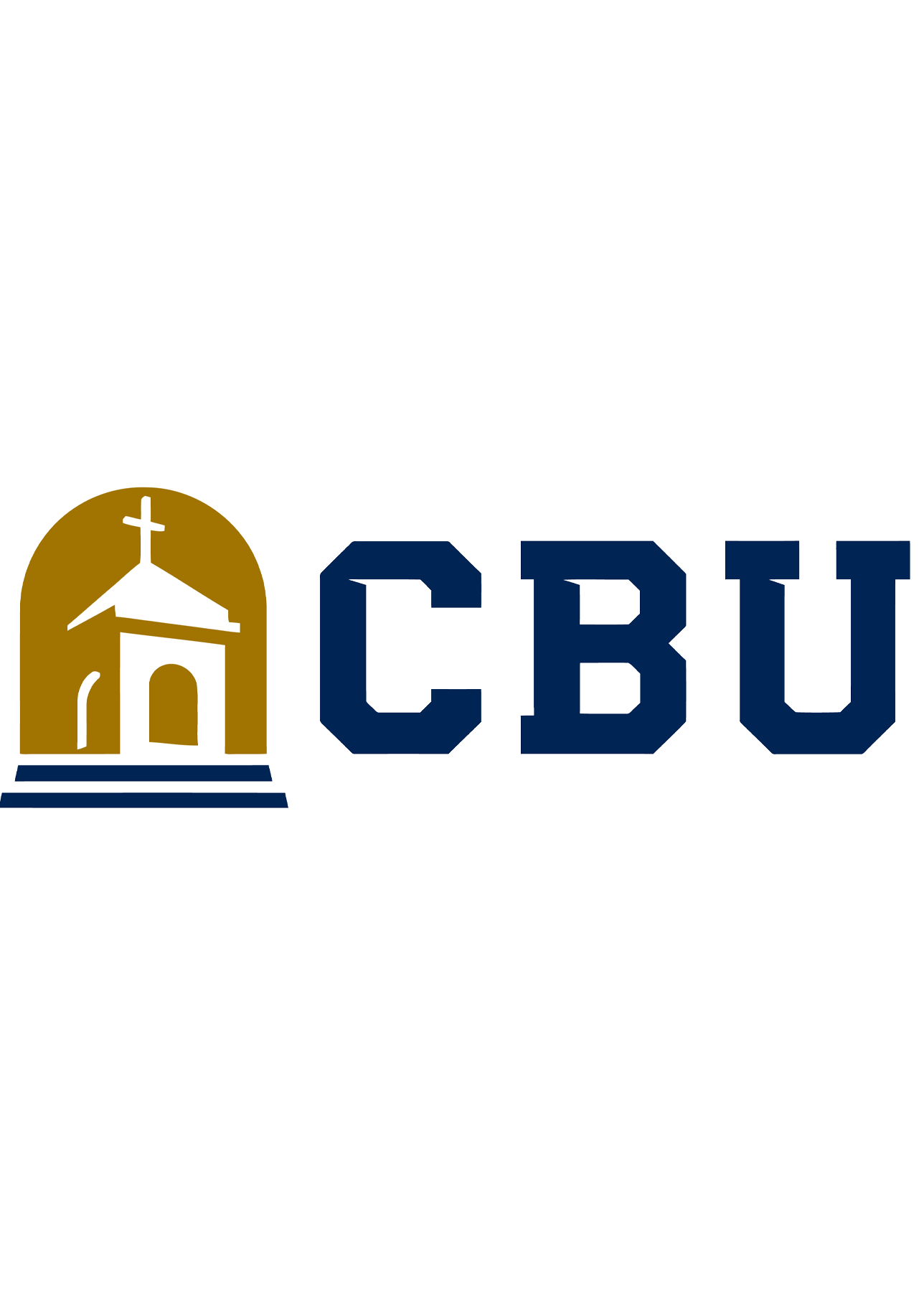
California Baptist University
Intelligent Score: 99.39In-state: $33,930
Out-of-state: $33,930
In-state: $13,410
Out-of-state: $13,410
SAT: 960-1150
ACT: 18-25
$700
On-Campus
Western Association of Schools and Colleges
33
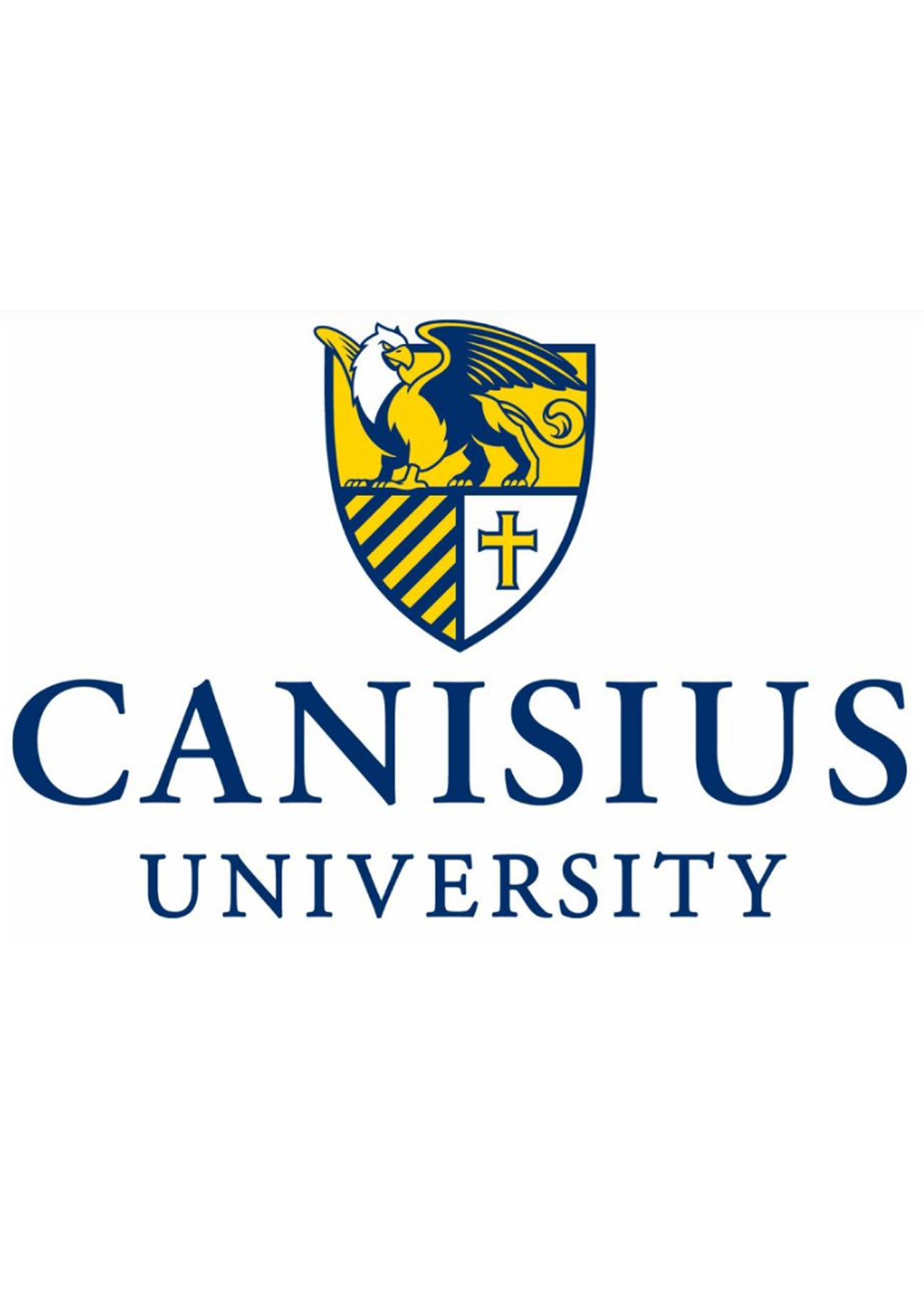
Canisius University
Intelligent Score: 97.65In-state: $28,630
Out-of-state: $28,630
In-state: $15,120
Out-of-state: $15,120
SAT: 1040-1240
ACT: 21-27
$915
On-Campus
Middle States Commission on Higher Education
33

National University
Intelligent Score: 96.29In-state: $13,320
Out-of-state: $13,320
In-state: $15,480
Out-of-state: $15,480
SAT: N/A
ACT: N/A
$663
On-Campus, Online
Western Association of Schools and Colleges
30-36

Saint Joseph's University
Intelligent Score: 96.27In-state: $47,740
Out-of-state: $47,740
In-state: $17,802
Out-of-state: $17,802
SAT: 1100-1290
ACT: 23-29
$862
On-Campus, Online
Higher Learning Commission
30

University of Southern California
Intelligent Score: 96.09In-state: $59,260
Out-of-state: $59,260
In-state: $47,880
Out-of-state: $47,880
SAT: 1340-1530
ACT: 30-34
$2,354
On-Campus
Western Association of Schools and Colleges
30

Cumberland University
Intelligent Score: 95.39In-state: $24,336
Out-of-state: $24,336
In-state: $7,020
Out-of-state: $7,020
SAT: N/A
ACT: N/A
$690
On-Campus
Southern Association of Colleges and Schools Commission on Colleges
30
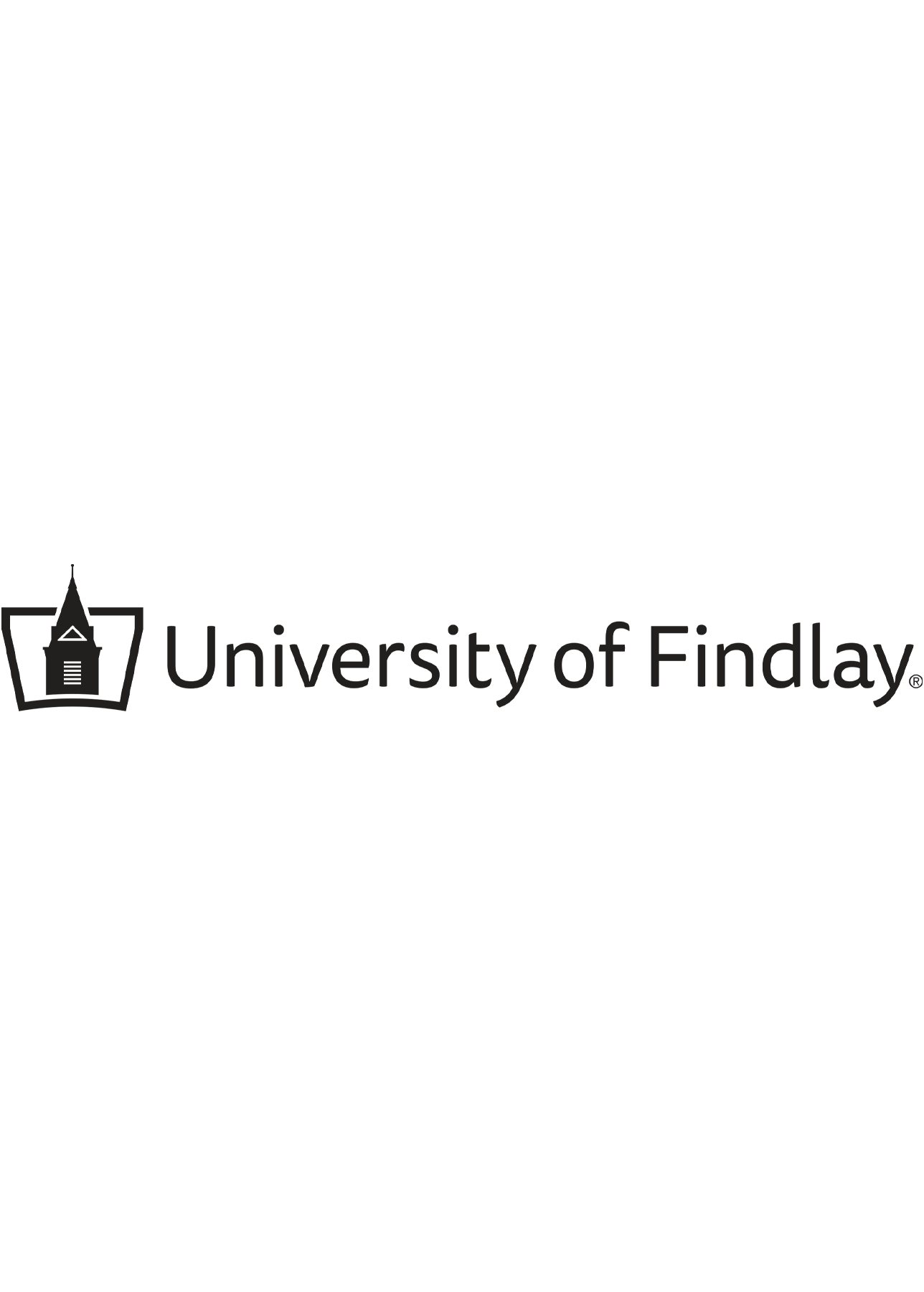
University of Findlay
Intelligent Score: 95.28In-state: $35,174
Out-of-state: $35,174
In-state: $16,480
Out-of-state: $16,480
SAT: 1010-1230
ACT: 20-26
$495
On-Campus
Council for the Accreditation of Educator Preparation
33

University of North Texas
Intelligent Score: 94.71In-state: $8,295
Out-of-state: $18,111
In-state: $6,350
Out-of-state: $6,350
SAT: 1050-1240
ACT: 20-27
In-State: $352
Out-of-State: $762
On-Campus, Online
Southern Association of Colleges and Schools Commission on Colleges
36
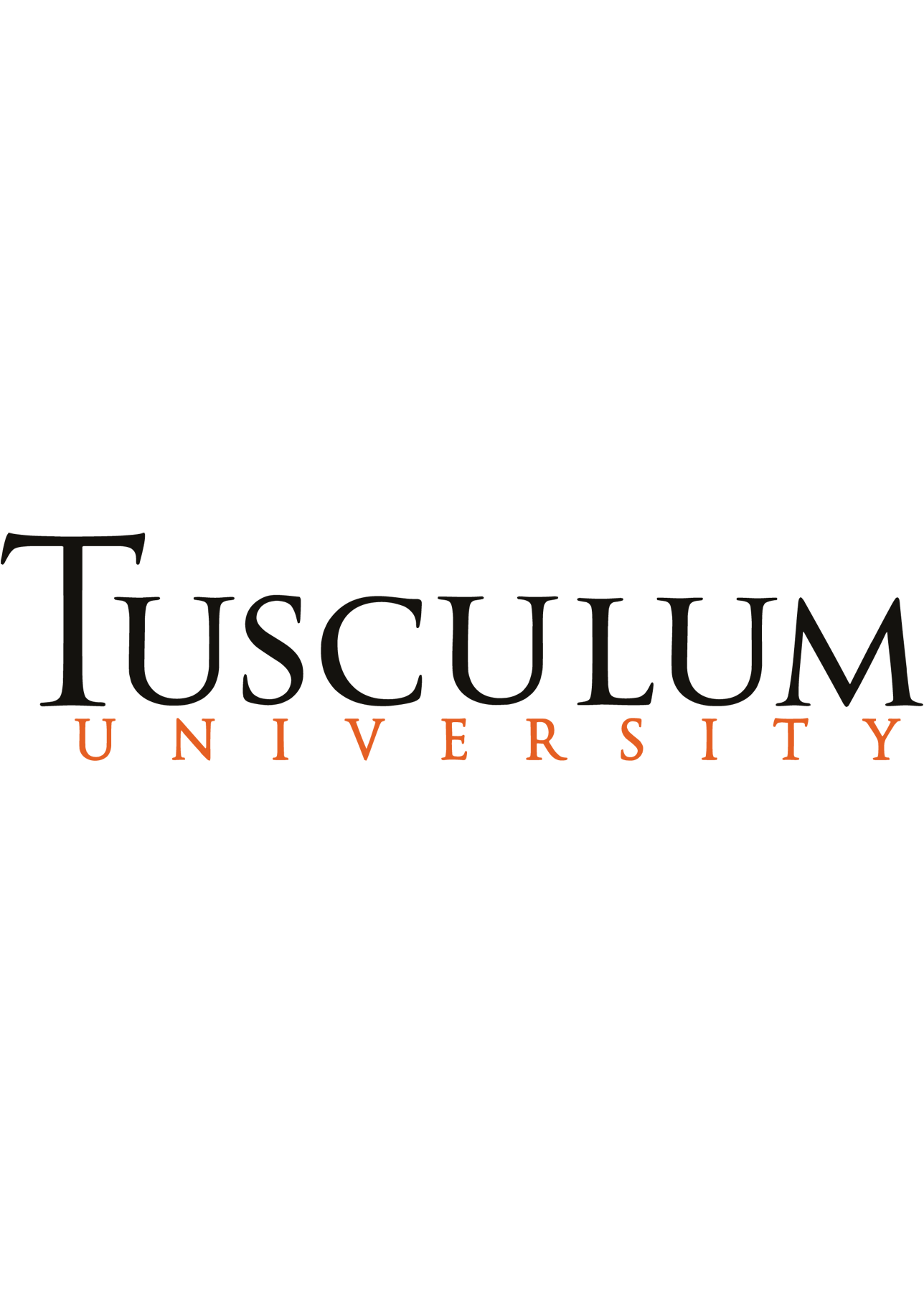
Tusculum University
Intelligent Score: 92.37In-state: $25,350
Out-of-state: $25,350
In-state: $7,200
Out-of-state: $7,200
SAT: 905-1100
ACT: 18-24
$480
On-Campus
Southern Association of Colleges and Schools Commission on Colleges
30
How to Choose an Accelerated Master’s in Education Program
Choose your area of study
Assess personal interests, strengths, and career aspirations to determine the most suitable specialization, whether it’s elementary education, special education, educational leadership, or curriculum development. Research the job market demand and salary potential for each specialization to ensure alignment with long-term career objectives. Accelerated programs may offer fewer specialization options due to the condensed time frame, but it’s essential to select one that aligns closely with career goals and interests while allowing for rapid completion of the degree.
Research schools and programs
Identify accredited institutions that offer accelerated programs in education. Evaluate program curriculum, faculty qualifications, and teaching methods to ensure alignment with academic and career goals. Consider factors such as program duration, flexibility, and support services available for accelerated students. Assess accreditation status, graduation rates, and alumni outcomes to gauge program quality and reputation. Accelerated programs may have more limited options compared to traditional programs, so thorough research is essential to make an informed decision.
Prepare for tests and applications
Familiarize yourself with admission requirements and deadlines for each program of interest. Gather necessary application materials, including transcripts, letters of recommendation, and personal statements, and ensure they reflect your qualifications and dedication to the field. Additionally, prepare for any required entrance exams, such as the GRE or GMAT, by studying relevant content and taking practice tests. Due to the accelerated nature of these programs, applicants must demonstrate strong academic readiness and commitment to succeed in a fast-paced learning environment.
Select your program
Evaluate program structures and formats to ensure compatibility with personal learning preferences and professional commitments. Consider factors such as program duration, course offerings, and scheduling flexibility to accommodate accelerated timelines. Assess the reputation and accreditation status of each program to ensure quality and credibility. Due to the condensed nature of accelerated programs, it’s essential to choose a program that offers a comprehensive curriculum and robust support services to ensure success.
Determine how you’ll pay for your degree
Explore financial aid options, including scholarships, grants, and loans, to cover tuition and related expenses. Complete the Free Application for Federal Student Aid (FAFSA) to determine eligibility for federal aid programs, such as Pell Grants and direct loans. Research institutional scholarships and assistantship opportunities offered by schools to support accelerated learners. Students may need to budget carefully and explore flexible payment plans to manage expenses while completing their degree in a shorter time frame.
What Can You Expect From an Accelerated Master’s in Education Degree Program?
An accelerated master’s in education program offers a fast-paced and intensive learning experience that equips students with advanced knowledge and skills. Prospective students can expect rigorous coursework that covers topics such as educational theory, curriculum development, instructional strategies, and leadership in education.
The program typically takes 12 to 18 months to complete, compared to the traditional two-year timeframe, allowing students to expedite their career advancement. Accelerated programs may require a higher level of commitment and time management skills due to the condensed schedule and workload. Some programs may incorporate practical experiences such as internships or fieldwork to provide hands-on learning opportunities.
Potential courses you’ll take in an accelerated master’s in education program
- Educational Leadership and Administration. Focuses on principles of leadership, organizational management and educational policy. Students will learn strategies for effective leadership in educational settings, including decision-making and team-building skills.
- Curriculum Design and Assessment. Explores theories and practices related to curriculum development, implementation, and assessment. Topics include aligning curriculum with educational standards, integrating technology, and evaluating student learning outcomes using various assessment methods.
- Diversity and Inclusion in Education. Examines issues of diversity, equity, and inclusion in educational settings. Students will explore topics such as cultural competence, social justice, and creating inclusive learning environments that support the needs of all students.
- Educational Research Methods. Provides an overview of research methodologies and techniques used in educational research. Students will learn how to design research studies, collect and analyze data, and interpret findings to inform evidence-based practice in education.
What Can I Do With an Accelerated Master’s in Education Degree?
The career outlook for graduates of accelerated master’s in education programs is promising. According to the Bureau of Labor Statistics (BLS), employment of education administrators, including postsecondary education administrators, is projected to grow 4 percent by 2032, about as fast as the average for all occupations. There is also a growing demand for educators with expertise in specialized areas such as curriculum development, instructional technology, and educational leadership. Graduates can pursue roles as teachers, curriculum specialists, instructional coordinators, and educational administrators, with competitive salaries and opportunities for advancement.
Career outlook
- Elementary, middle, and high school principals — Principals work in public and private schools. They oversee all school operations, including daily activities, curriculum coordination, and staff management.
- Median annual salary: $103,460
- Projected employment growth (through 2032): 1% (little or no change)
- New jobs projected: 3,300
- Special education teachers — These professionals work with students who have learning, mental, emotional, or physical disabilities. They adapt lessons to the needs of their pupils and teach basic and educational skills as directed.
- Median annual salary: $65,910
- Projected employment growth (through 2032): 0% (little or no change)
- New jobs projected: 2,200
- Postsecondary teachers — These instructors teach students in a broad range of academic subjects at colleges, universities, and vocational schools. They may also conduct research and publish scholarly papers and books.
- Median annual salary: $84,380
- Projected employment growth (through 2032): 8% (faster than average)
- New jobs projected: 108,100
Accelerated Master’s in Education Degree Frequently Asked Questions
How do accelerated degree programs work?
Accelerated degree programs compress the curriculum into a shorter time frame, allowing students to complete their studies more quickly than traditional programs. This is achieved through intensive coursework, often including shorter semesters or modules, and may involve online, evening, or weekend classes. Students may receive credit for prior learning experiences or professional certifications. Accelerated programs suit motivated individuals seeking to fast-track their education and career advancement. However, they require strong time management and dedication. To determine if an accelerated program is right for you, consider your goals, commitments, and readiness for an accelerated pace of learning.
How long does it take to earn an accelerated master's in education degree?
Accelerated master’s in education programs typically take around 12 to 18 months, compared to traditional programs, which may span 2 to 3 years. These programs often require a similar number of credits as non-accelerated programs, typically around 30 to 36 credits. However, students in accelerated programs may take more courses per semester or participate in condensed summer sessions to meet requirements more quickly. This allows students to earn their degree in a shorter timeframe while still covering the same content as traditional programs.
How much does an accelerated master's in education degree cost?
The cost of an accelerated master’s in education degree varies depending on factors such as the institution, program format (online or in-person), and residency status. On average, tuition for master’s degree programs ranges from $12,000 to $30,000, according to data from the National Center for Education Statistics. However, it’s essential to consider additional expenses beyond tuition, such as textbooks, technology fees, and student services fees. Online programs may have lower tuition rates but could also incur technology or distance-learning fees. Students should also account for living expenses if attending an in-person program, including housing, transportation, and meals.
